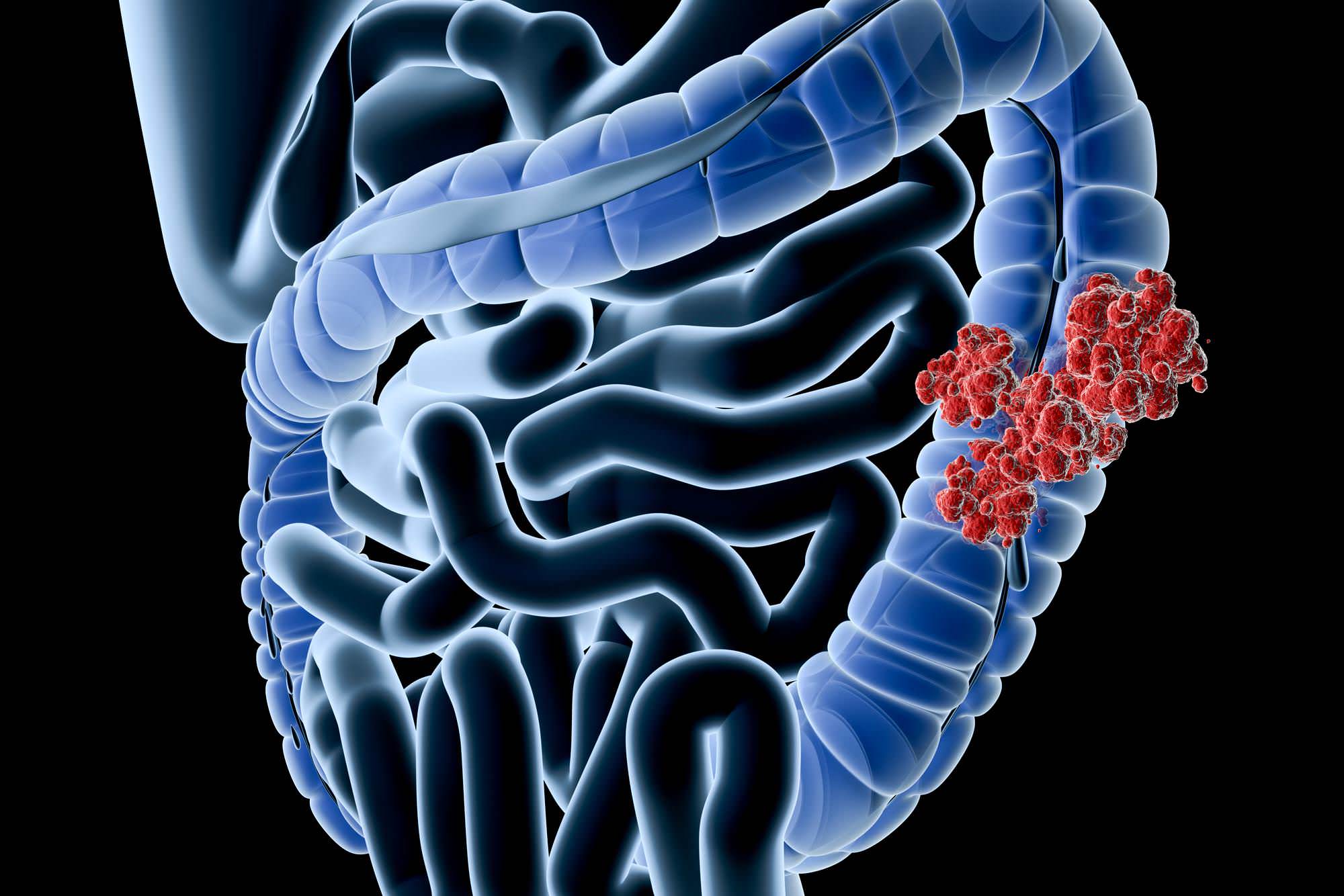The colon is another term for the large intestine, it is the lowest part of the digestive system. Inside the colon, water and salt from solid wastes are extracted before the waste moves through the rectum and exits the body through the anus. It is a very vast topic to be discussed but as a basic informative we are putting this topic for our readers where they can get the information about the disease.

Cancer is a class of diseases characterized by out-of-control cell growth. Colon cancer forms when this uncontrolled cell growth happens in the cells of the large intestine. Most colon cancers originate from small, noncancerous (benign) tumors called adenomatous polyps that form on the inner walls of the large intestine. Some of these polyps may grow into malignant colon cancers over time if they are not removed during colonoscopy - a procedure looking at the inner lining of the intestine. Colon cancer cells will invade and damage healthy tissue that is near the tumor, causing many complications. After malignant tumors form, the cancerous cells may travel through the blood and lymph systems, spreading to other parts of the body. These cancer cells can grow in several places, invading and destroying other healthy tissues throughout the body. This process is called metastasis, and the result is a more serious condition that is very difficult to treat. Colon cancer is not necessarily the same as rectal cancer, but they often occur together in what is called colorectal cancer. Rectal cancer originates in the rectum, which is the last several inches of the large intestine, closest to the anus.
TYPES OF CANCER IN THE COLON AND RECTUM :
1. Adenocarcinomas. Other, less common types of tumors can also start in the colon and rectum. These include:
2. Carcinoid tumors
3. Gastrointestinal stromal tumors (GISTs)
4. Lymphomas
5. Sarcomas
RISK FACTORS YOU CANNOT CHANGE :
A personal history of colorectal polyps or colorectal cancer
A personal history of inflammatory bowel disease
A family history of colorectal cancer or adenomatous polyps
Having an inherited syndrome
Lynch syndrome (hereditary non-polyposis colon cancer, or HNPCC
This story is from the April 2017 edition of HOMEOPATHY & BEAUTY.
Start your 7-day Magzter GOLD free trial to access thousands of curated premium stories, and 8,500+ magazines and newspapers.
Already a subscriber ? Sign In
This story is from the April 2017 edition of HOMEOPATHY & BEAUTY.
Start your 7-day Magzter GOLD free trial to access thousands of curated premium stories, and 8,500+ magazines and newspapers.
Already a subscriber? Sign In
Drink Carrot Juice
A Healthy Summer Drink With Amazing Nutrients.
Allium Cepa Onion
Onions health benefits are due to its potent anti-oxidant, immuno-modulatory and anti-inflammatory. These three medicinal properties help to fight against a variety of diseases in which onions are used for therapeutic purposes. Onions as food provide a good amount of nutrients to the body, which further enhances its importance. It boosts immunity and prevents diseases.

Sensation as if
According to - DR. Herbert A. Roberts M.D.

drink plenty of water
the protease inhibitor indinavir (crixivan), a medication used to treat hiv infection.

Keep Jogging
Best way to keep your body fit.

Diabetic Retinopathy
Diabetic retinopathy is a condition that occurs in people who have diabetes.

No More Pet Bottles - Introducing New Blister Pack Homeopathy
Importance of blister packing at DR SHAHS HEALTH CARE BRAND : Packaging has been recognized as an important process step through which DR SHAH’S HEALTH CARE can differentiate their products from those of their competitors.

Ear Drainage Otorrhea
Get Homeopathy Pills.

Gall Stone Colic
Prevention & Treatment By Homeopathy.

Beet Root For Health
Beetroot, also known simply as the beet, has been gaining in popularity as a new super food due to recent studies claiming that beets and beetroot juice can improve athletic performance, lower blood pressure and increase blood flow.